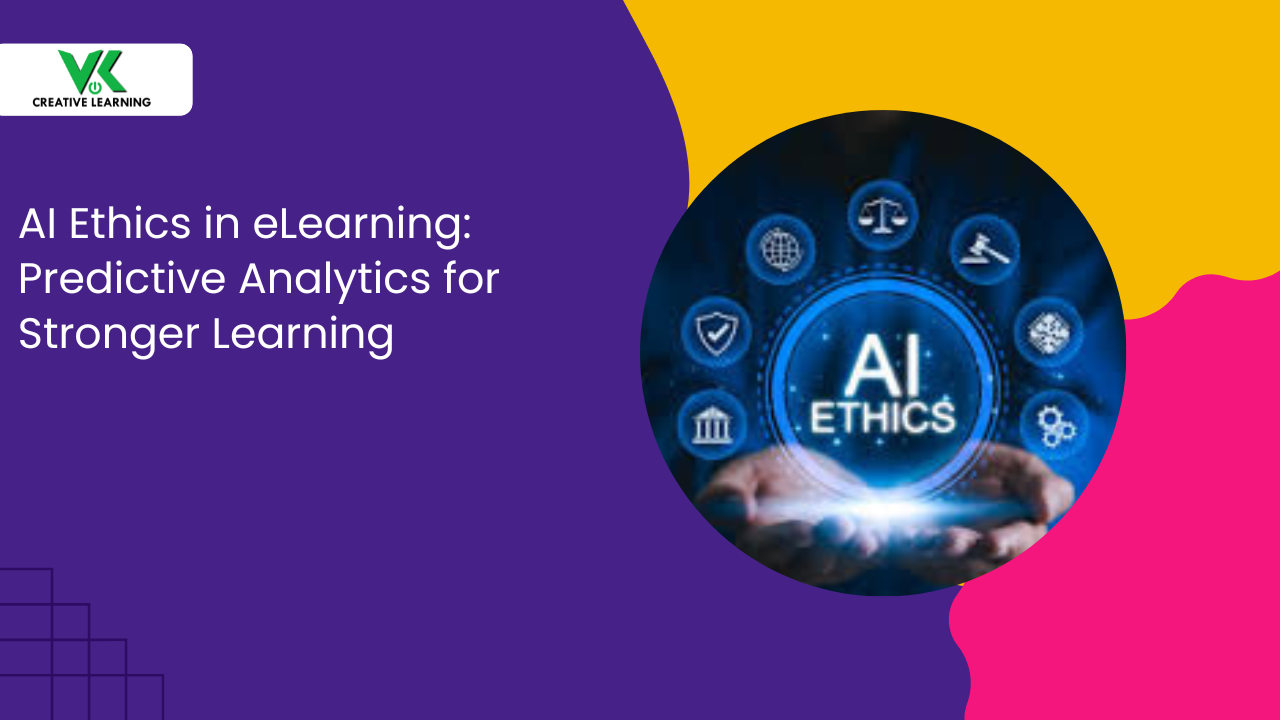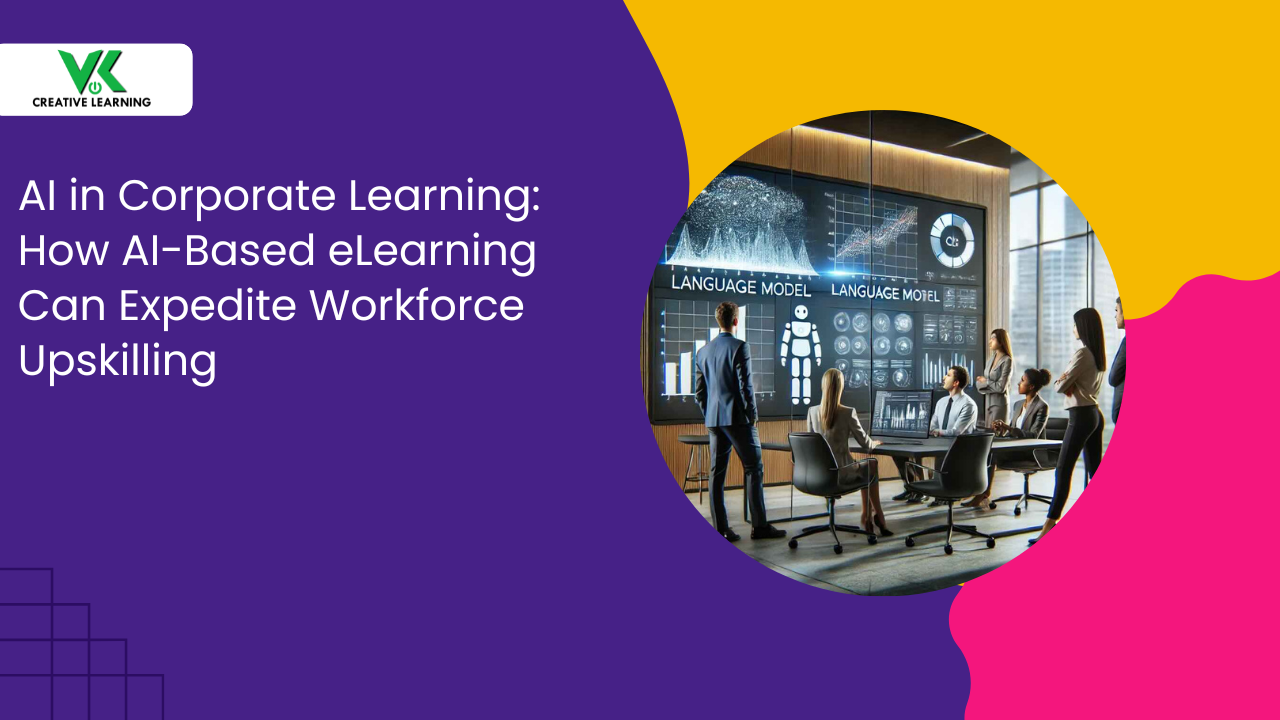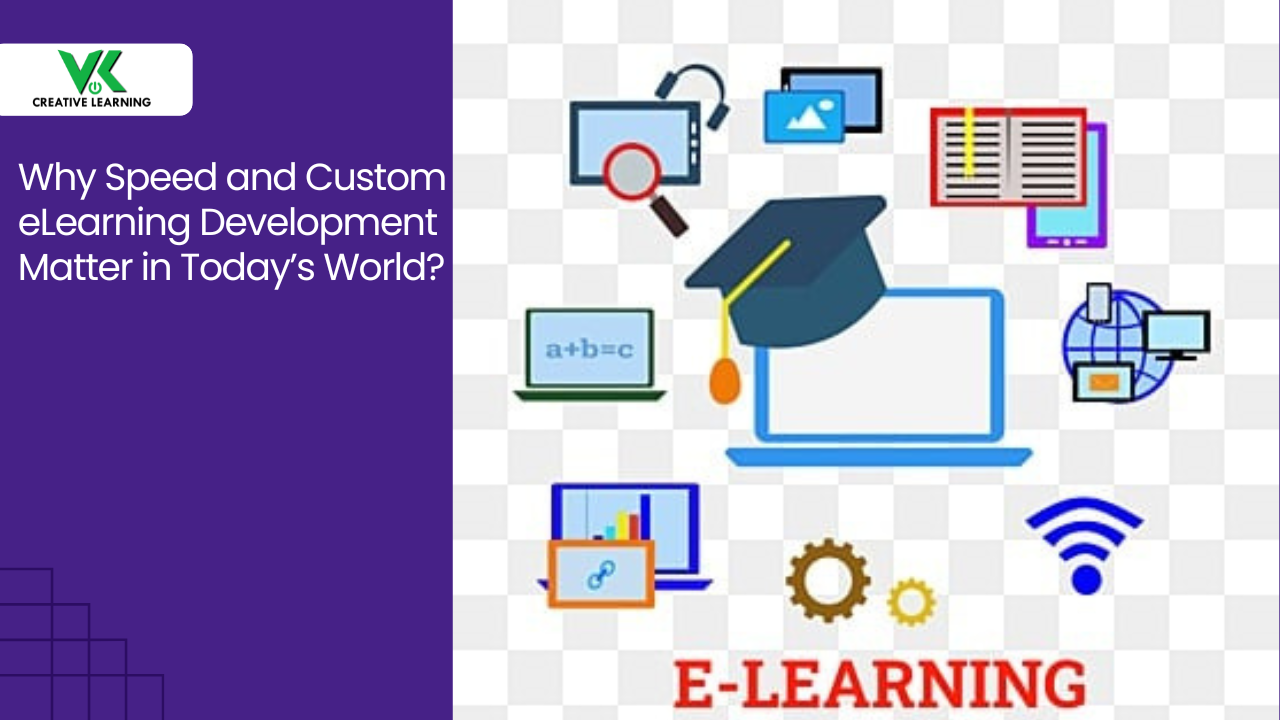Why eLearning Trumps Traditional Online Systems in Cybersecurity and User Safety?
February 10, 2024
eLearning platforms are those kinds of internet-based spaces that make the distribution of learning materials to learners easy. This innovative approach makes knowledge absorption not only engaging but also convenient for the users.
For instance, it can make the life of individuals easy when it comes to getting acquainted with new topics as they can sit at their home and soak up new insights when they feel like doing so.
On the other hand, traditional online systems provide course content through websites or applications. However, it lacks the interactive element as found in eLearning systems. These mediums are also often put to use for various other tasks like shopping or even reading news articles.
Simply put, the usual online system comprises of a website offering all course materials -- much like reading a blog. Importantly, it lacks the type of interactive engaging component that electronic learning solutions can provide.
Also, these systems lack the capabilities to provide robust security features that are prevalent in eLearning platforms. Elaborately put, they cannot take care of threats that come in the form of data breaches and or even vicious malware attacks, capable of posing high-level risks to information as well as system functionality.
We shall take into consideration all types of issues one may possibly face with the traditional form of learning especially when security threats are concerned and how the modern learning system overcomes these challenges.
A Look at Scenarios That Demanded a Shift to Online Medium and the Challenges Associated with It
It is a well-known fact that the situation of COVID-19 pandemic entirely disrupted the way training (companies)/education (schools) was conducted globally. This unfortunately affected many students (close to 1.6 billion) as well as employees too. This event for both firms as well as institutes necessitated a swift transition to the mode of remote learning.
However, this sudden unseen shift posed multiple challenges that were not thought of before. Owing to this, some individuals had to experience certain difficulties, while enterprises and schools dealt with organizational issues.
Noteworthlingly, there was a surge in cyberattacks in which different types of entities had to bear the brunt -- turning to be a serious issue as far as the integrity of data is concerned.
Also, online learning environments were not devoid of privacy risks, allowing troublemakers to peep into personal details. It can be compared to a crowded room where everyone can listen to what others are talking about.
Besides, vulnerabilities served as weak spots such as potential infiltration or even the absence of proper authentication systems in place.
These can be compared to flaws that allow a breach in the castle walls and these forms of exploitation led to a major compromise within the entire system.
Advantages of eLearning in Cybersecurity and User Safety
There are many perks associated with choosing virtual LMS systems when it comes to securing data and privacy as well from a safety point of view and these are:
Security: Electronic platforms are guarded by better defense standards when it comes to safeguarding information and in terms of infrastructure when a comparison is drawn to traditional systems. This superiority stems from the resilient safety practices that are incorporated to minimize all possible threats -- more of a virtual fortress.
Safety Layers: eLearning systems utilize a mix of multiple security measures that ensure desired protection is enabled. This safety approach encompasses cryptographic techniques to guard data; secure access protocols to see to it that malicious entry is avoided, and breach identification mechanisms to take care of unthought intrusions.
This mechanism serves more like having multiple locks on your door and each lock system adds to existing layers of protection.
Regular Updates and Patching: Periodic and patching enhancements should not be missed as they are vital in terms of addressing vulnerabilities. This is furnished in the eLearning platform -- solidifying protective measures.
Secure Storage and Access: Non-compromising data storage policies are in place along with reliable access management solutions in eLearning systems when compared to traditional online systems. This can be compared to a situation of owning one's own locker in the gym which you can check out whenever you want.
Adherence to Data Privacy Regulations: Virtual LMS-based platforms, in contrast to typical online systems, rigorously stick to the rule books by following rules such as GDPR and FERPA.
This is more like a park that follows environmental guidelines religiously so that local wildlife can be protected and a safe habitat can be maintained.
Additional Measures to Ensures High-level of Security in eLearning Platforms
Enhancing eLearning Security Awareness by Integrating Cyber Threat Training:
One of the best ways to ensure that any kind of mishappens does not occur in the eLearning platform through any kind of intrusion or cyber threats is by providing training to the employees. This ensures that they are well aware of what kinds of threats exist and how to stay away from them.
Collaboration with Cybersecurity Experts: It would always be beneficial when digital attack prevention specialists are involved to improve courses and to ensure that best practices between eLearning providers and internet security professionals are in place. This also takes care of the sharing of fundamental knowledge regarding security lapses among the workers. This way the employees will also come to know about the recent security concepts and the benefits of following them.
Conclusion:
Electronic solutions can prove out to be a far better bet compared to traditional online systems when it comes to training the workforce. There are multiple benefits associated with doing so especially when it comes to safeguarding the data as well as privacy concerns.
If you as a company intend to develop an eLearning solution taking care of all forms of cyber security threats, then you can contact VK Creative Learning.




